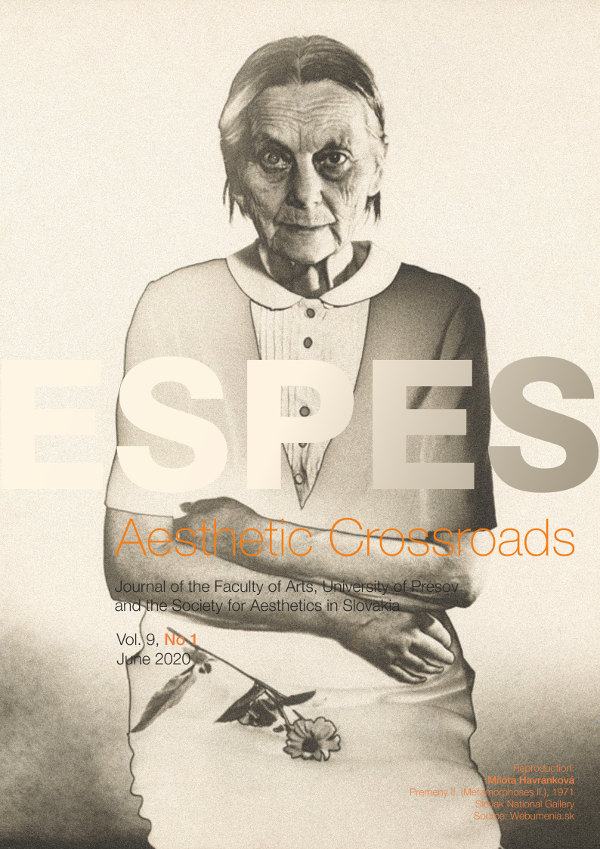Recepcia estetického myslenia Theodora W. Adorna v českej a slovenskej muzikológii v 60. – 80. rokoch 20. storočia
A Reception of the Aesthetic Thinking of Theodor W. Adorno in Czech and Slovak Musicology within 60s to 80s of the 20th Century
Author(s): Vladimír FulkaSubject(s): Music, Aesthetics, Sociology of Art
Published by: Spoločnosť pre estetiku na Slovensku a Inštitút estetiky a umeleckej kultúry Filozofickej fakulty Prešovskej univerzity v Prešove
Keywords: dodecaphony; twelve-tone method of composition; atonality; musical form; Aesthetics; marxism-leninism; Frankfurt School of Philosophy; western marxism;
Summary/Abstract: In the1960s, texts by the prominent German philosopher and musicologist Theodor W. Adorno were translated into the Czech and Slovak language. This was only possible due to the more relaxed social and political atmosphere of those years. The translated essays were published in professionally-oriented periodicals. This paper is aimed to map and evaluate the reception of Adorno’s translatedworks in Czechoslovakia. Although these texts embraced above all Adorno’s work in the sociology of philosophy, aesthetics of literature and musicology, this paper is mainly focused on Adorno’s musicological texts. Albeit mostly regarded as an original and extremely versatile author in Czechoslovakia, Adorno was also criticised on the background of Marxist-Leninist philosophy. In order to evaluate the reception of Adorno’s ideas in the Czech and Slovak environment, it is methodologically necessary to adopt a broader aesthetic-philosophical perspective that enables us to account for Adorno’s endorsement of the Marxist philosophy pursued at Frankfurt School of Philosophy.
Journal: ESPES
- Issue Year: 9/2020
- Issue No: 1
- Page Range: 36-48
- Page Count: 13
- Language: Slovak

